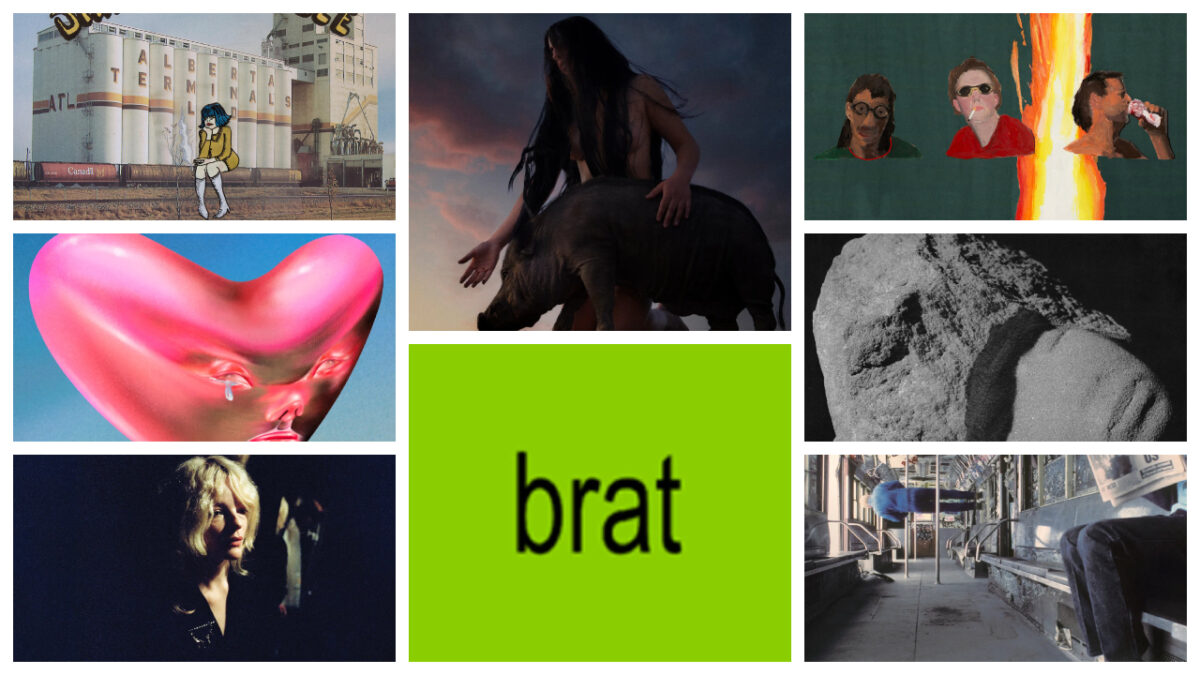The albums of 2024 packed in some heavy hitters – good doses spread throughout the year where there was never a single moment when there wasn’t a great album to talk about. Electronic, folk, post-punk, hip-hop… the albums of 2024 didn’t just provide nostalgia or escape, but a hard launch into the rebellion that will inevitably come this latter half of the decade. Although one album did reign supreme and became inescapable no matter how offline you were (you know the one), the albums of 2024 kept alive a serious conversation that surrounded music culture – one that could be discussed, debated, and downright disagreed upon. But boy, was it fun music to argue over. Here are our top 10 Albums of 2024:
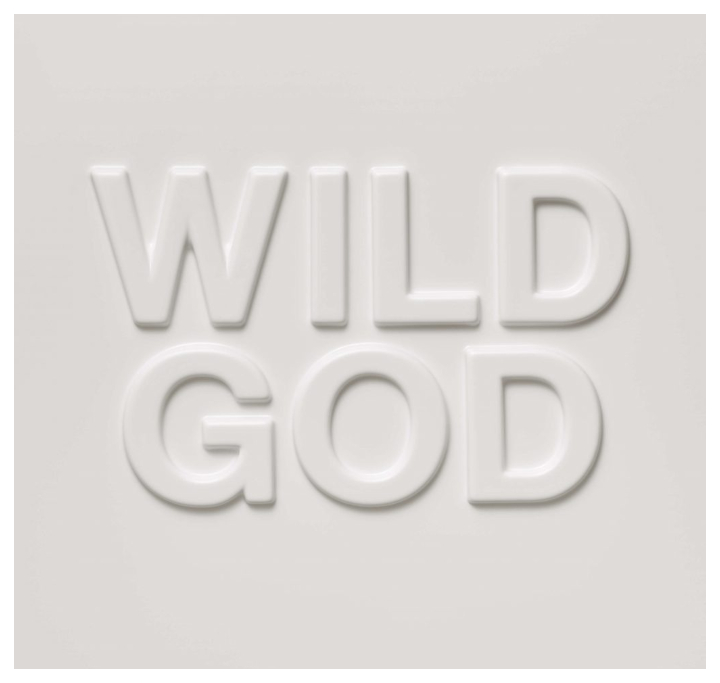
10. Nick Cave and the Bad Seeds, ‘Wild God’
Nick Cave’s been through a lot these past ten years: losing two sons, a self-promoted QnA tour, and perhaps his greatest invention: the Red Hand Files, which gathers anonymous letters asking universal questions in hopes to bring those struggling with the human condition closer together. Wild God is all of these efforts manifested into album form. Here is a self-ordained minister (yes, really), standing on a pedestal claiming that he, on the contrary, does not have all the answers. Despite his human transcendence we see on stage, he’s just a flawed human being just like the rest of us, no matter how mythical he appears to be. This album feels like a conversation, with all subjects treated on an even playing field, gathered around a communal watering hole. Wild God moves through orchestral movements, grand gestures, and peaking crescendos in an effort to say that, no, you don’t need to suffer in order to make great art, but to live is to suffer. We’re all going through something.
With every sorrow, regret, and growth conjured by some wild God is an effort to push us toward becoming better versions of ourselves. One such red hand file write-in asked “What is God?” paired with another request asking him to “write us a poem,” which we believe best summarizes this experience:
God is love but love gets weird
Said the flea to the ant in the devil’s beard
We are passengers here, and it’s as we feared
That God is love but love gets weird
Yes, God gets weird and so does love
Said the flea to the ant and gave him a shove
And came down upon him from above
Crying, God gets weird and so does love
Well, Weird got Love and God got Weird
And in the monstrous morning there appeared
The very thing we’ve always feared
That God is nothing, but love gone weird
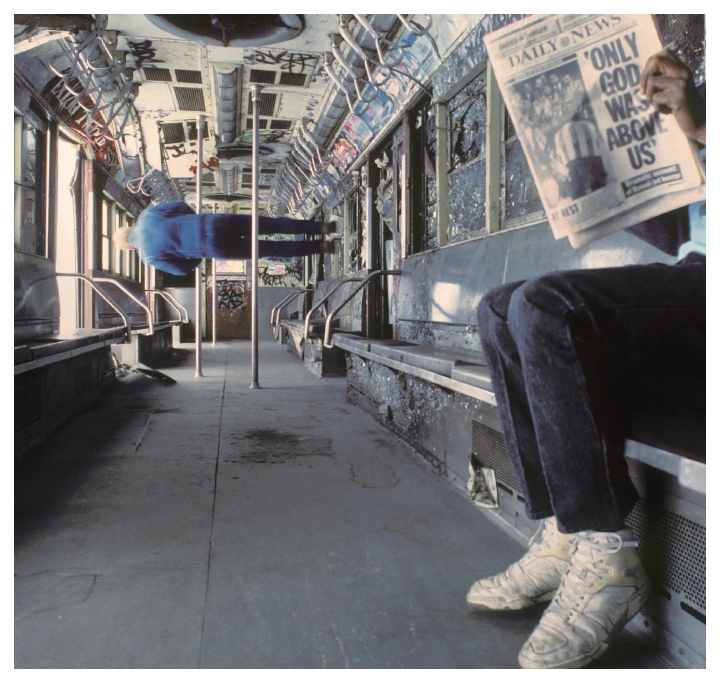
9. Vampire Weekend, ‘Only God Was Above Us’
Five years after their sprawling double album Father of the Bride, Vampire Weekend seemed to have transcended, and matured even, above the scene that once put them on the map. While their former contemporaries are all playing niche festivals such as Just Like Heaven, Vampire Weekend continue to push sound and vision and constantly accelerate toward an improved version of themselves, refusing to be forever stuck in the mid-2010s. But while still experimenting with studio techniques, they manage to keep the distinct sound of Vampire Weekend. Their discography has aged like a fine wine: breakups with religion, the struggles of urban dwelling, and a summation of what it was like to be alive at a certain point in time. While their love for their home turf is forever unwavering, New York is not the same as it was in 2010-2013: only the wealthy can afford to live comfortably, the organic contemporary cultural arts scene is merely an apparition of what it once was, and bands are getting harder and harder to come by. OGWAU seems to be a reflection of a contemporary New York, and a reminder that, no matter how steadfast changes seem to be appearing, it remains truly the greatest city in the world.
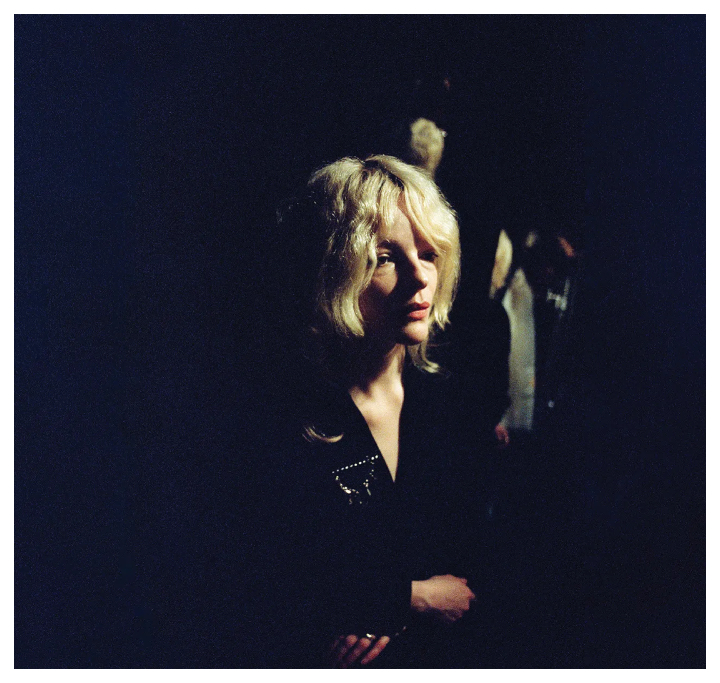
8. Jessica Pratt, ‘Here in the Pitch’
Former Amoeba records employee and astrologist’s daughter, Jessica Pratt’s music believes in and acknowledges that there’s some sort of higher power at work. She treats her guitar like it’s an antenna straight from God, a prism through which she conjures and expresses incoming signals in the form of self-expression as if it’s the only way for us to peer into the next dimension. Akin to the rural, mystical sounds of folklore-y Led Zeppelin, these tracks could fool any listener into thinking, “wait, she’s from Los Angeles? I could’ve sworn she was from, like, Dorset.” But it’s an album like Here in the Pitch, with its unmistakable “Laurel Canyon sound,” that proves there’s still a soft spot for the spiritualistic amongst a sprawling metropolis like L.A., you just have to dig deep into its soul to find it.
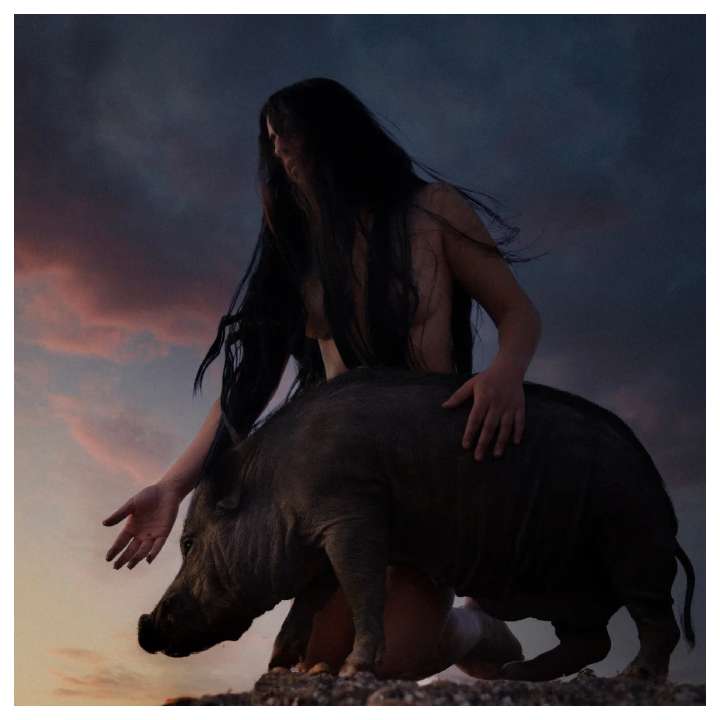
7. Mannequin Pussy, ‘I Got Heaven’
Dream-pop melodies and moments of serenity give way to droning guitars and rambling vocals, only for the eye of the storm to come and give us a brief reprieve, before sucking us back under again. Such as how the emotions go in Mannequin Pussy’s fourth LP I Got Heaven. Through its 10 tracks, it mixes the violent with the gentle, each one a hook after a hook after a hook. It’s punk that doesn’t alienate, that’s not exclusive. Rather, it covers a large variety of epic pre-choruses and accessible melodies that are written to be embedded in any listener’s brain. It’s punk as a vessel, carrying messages of solitude, self-reliance, and self-efficacy. I Got Heaven is about building your own paradise and coming to terms with one’s demons. Always one of the more exciting punk bands coming out of the Northeast U.S., Mannequin Pussy have been able to catch the attention of the mainstream that few other punk bands can, and signal that maybe, just maybe, their best work might still even lie ahead of them.
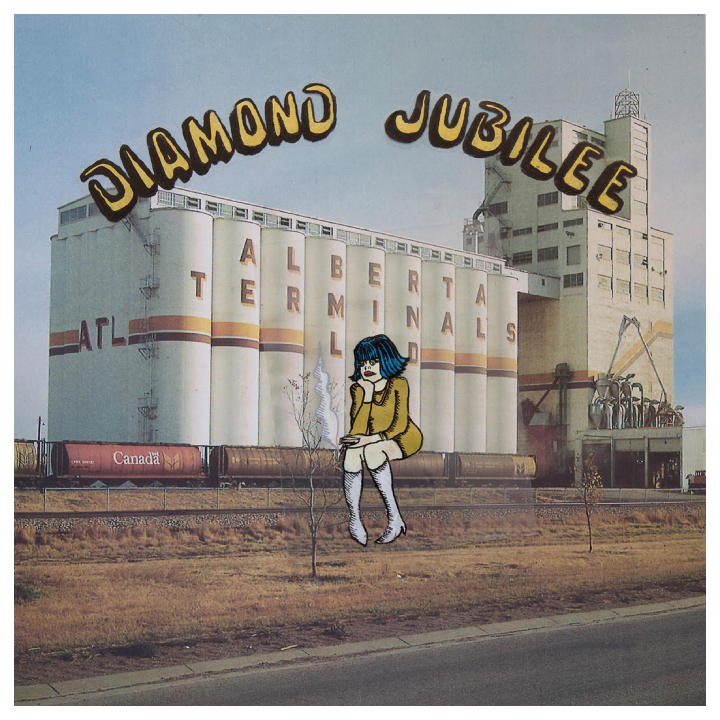
6. Cindy Lee, ‘Diamond Jubilee’
Edmonton, Alberta’s Cindy Lee (real name Patrick Flegel) has been a touring, working class singer/songwriter for some time now. One could say they’re one of the last true roadshow indie musicians, living off gig to gig in small Canadian pubs and bars, with nothing but the roads of North America to guide them. Then, a funny thing happened. After a glowing review from Pitchfork that seemed to come out of nowhere, Lee was suddenly shot to the center of the universe, whether they liked it or not. Soon enough, they immediately started selling out shows, which were then upgraded to venues 10 times larger than originally planned. Happily ever after, right? Wrong. Afterward, Cindy Lee cancelled the remainder of their North American tour.
One would think this overnight success (10 years in the making) is the stuff musicians’ dreams are made of. But one listen to Diamond Jubilee and one can tell sometimes too much of immediate exposure can be detrimental to the material as well, if not the artist. It’s not an album to be examined under a microscope. With so many tiny, fragmented moving parts stitched together, it’s not an album to be zoomed in on and obsessed over, but rather to be zoomed out of and observed. All these small building blocks of catchy tunes compile to create something much bigger: a contrast of the just the right elements making a whole bigger than the sum of its parts. And at a brisk two-plus hours long, it would be a crime to single out key tracks and decide what is extra fat and what is not.
One has to ask though: would we be talking about this album on our “albums of 2024” lists had Pitchfork not broken it into the music journalistic culture? That’s up to the listener to decide. Because what we have here is a homogenic, gesamtkunst piece of work created and curated by a working class musician just doing their day job.
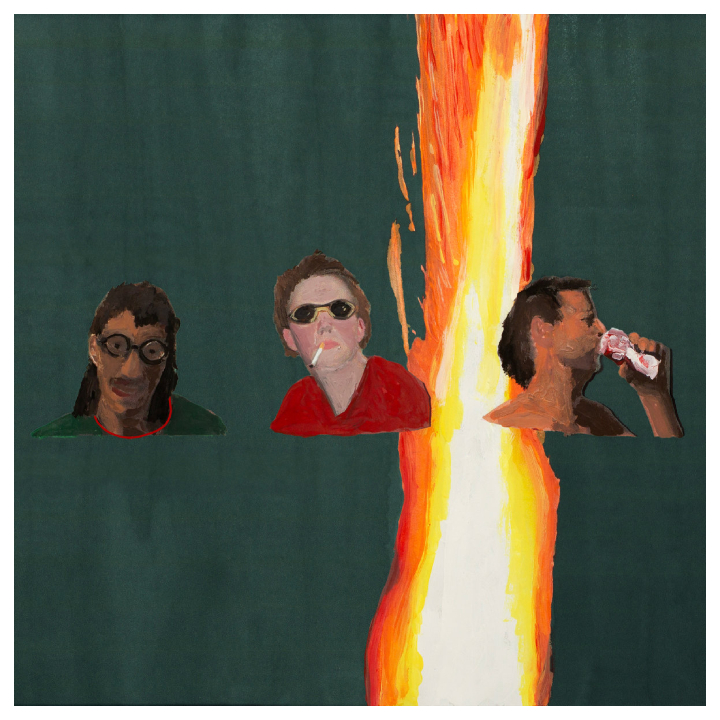
5. MJ Lenderman, ‘Manning Fireworks’
“So you say I’ve got a funny face?” Lenderman delivers rhetorically on “Wristwatch.” On Manning Fireworks, he combines the mundane with the complex: “I’ve got a wristwatch that/tells me you’re all alone,” “Kahlúa shooter/DUI scooter.” Even though the lyrics sound thrown together by an eighth grader, there’s an earnestness about them. One can tell that, no matter how absurd of images they conjure, they nevertheless come from a place – a place of self-scrutiny, envy, but most of all, self-trust. On this album, Lendermen doubles down on his convictions: “I’ve never seen the Mona Lisa/I’ve never really left my room/I’ve been up too late with guitar hero/playing Bark at the Moon.” Perhaps every straight white millennial can relate, but there’s also something universal underneath these tracks – a self-comforting assuredness that only comes with coming to terms with the materialistic vices close to you. They’re singular and specific, sure, but his words echo across a generation.
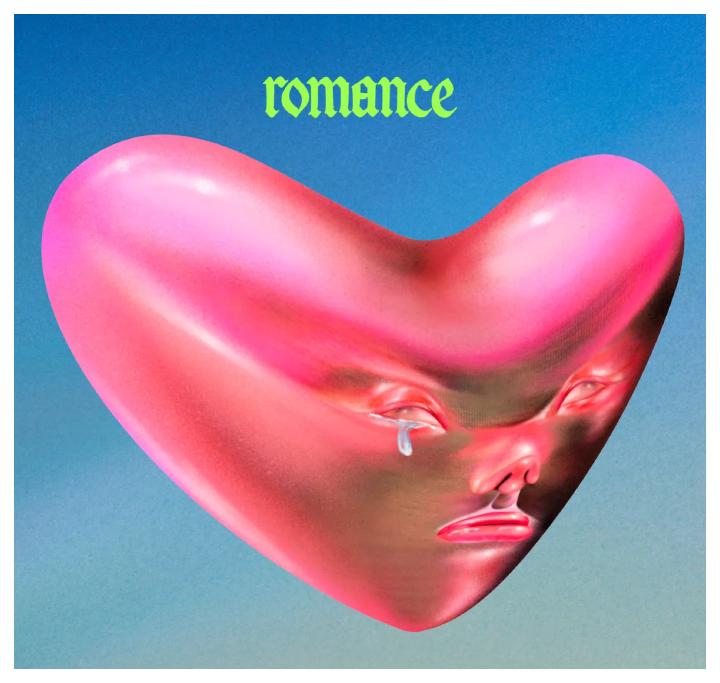
4. Fontaines D.C., ‘Romance’
Boy, have these boys come a long way from the better land. Five years after opening for IDLES and releasing their best album to date, A Hero’s Death, Fontaines D.C. once again redefines what it means to be “alternative.” But rather be the “alternate” of something, they decide to look inside: you don’t stand out by going outside of a box, but rather, by defining your relationship with contemporary culture. One look at the “Starburster” video and one can tell these blokes grew up on football, Final Fantasy, and Salvatore Ganacci – topics that are not considered mainstream to American audiences, but instead are tools used for self-expression. They clearly demonstrated their musicianship on their first three albums, but on Romance, they take their appeal a step further through the underlying links that bring them and their fans, new and old, closer together.

3. Charli XCX, ‘Brat’
What’s left to say after a year of enduring Brat? From a presidential election, to a nearly endless album rollout, to a “word of the year” seal of approval, Brat didn’t just “arrive” in the summer of 2024 – it burst into the pop culture sphere like a thousand barrels of renegade crude contaminating everything around it. It was a campaign of unapologetic rebellion and authenticity, about wearing your messy, earnest self on your sleeve. A viral TikTok dance, a series of Boiler Room sets, and endless themed club nights, Brat pretty much affected every facet of pop culture available – as a marketing tool, as a beacon of hope, as a way of carrying yourself. There hasn’t been an album roll out like this since Astroworld, and probably won’t be another in a long while; it’ll be extremely difficult to capture the lightning, zeitgeist, and cultural “it” factor of Brat.
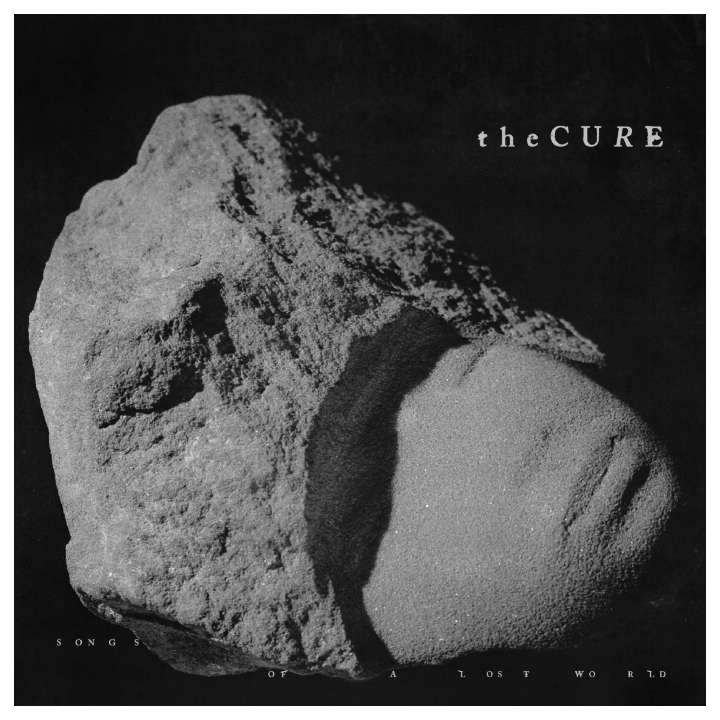
2. The Cure, ‘Songs of a Lost World’
We’ve never been the biggest Cure fans. We can mostly certainly claim to have never seen them live. After several attempts throughout our adult lives, we were never able to quite find my doorway into them. That was, however, until Songs of a Lost World. 17 years in the making, perhaps SOALW was the one that was waiting for me to finally break in. Tight, yet atmospheric, bold, yet modest, Robert Smith sings of a continuing career that needs no further additions, and the legacy they’d leave behind after they’re gone. Showcasing sections of droning instrumentals, it feels like the band vamps on the same chord progressions for most of these tracks. But they’re not just the same chords over and over again: they’re circular. There’s a certain transcendence that comes with these repetitions. Just like their career itself, they’re never linear, coming to pay a visit repeatedly like a comet making its orbit. And if you think about it, it feels like they’ve been vamping all along. All they’ve done is vamp on their same specialities. But that’s what we know they’re good for. The Cure has always been a moving train: you can hop on and off whenever you like. But it’s their duty as a band, and as artists, to challenge their listeners. If this is the last we ever hear from them, then it’s a worthy album to go out on.
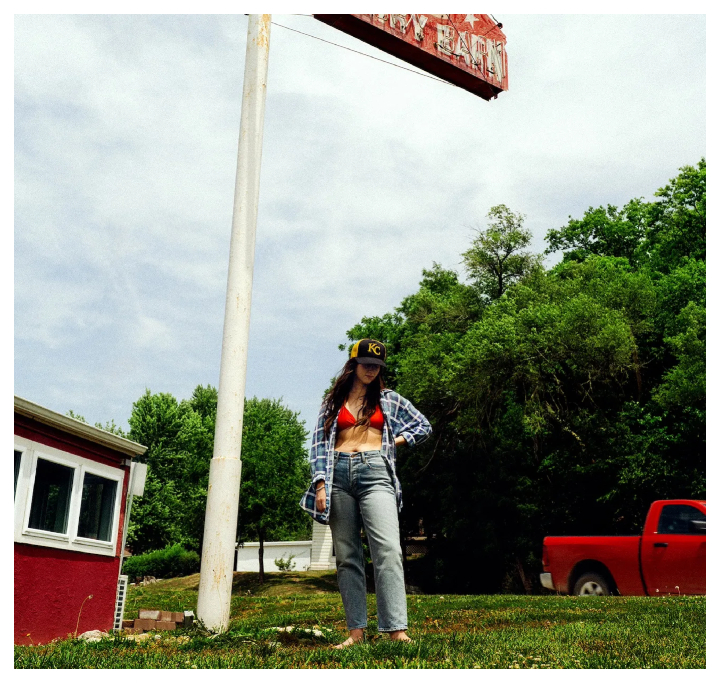
1. Waxahatchee, ‘Tigers Blood’
This album is many things: a cold beer perspiring on a humid summer porch, the sound of your nieces and nephews buzzing around you, the second guessing of the current relationship you’re in wondering if things could be better. Katie Crutchfield touched on something with Tigers Blood. Whereas Saint Cloud brought forth a higher production value, Tigers Blood presented itself with a bare-naked, stripped-down confidence. Anything produced or highbrow would’ve just gotten in the way of the songs’ sentiments. Upon first listen, one can acknowledge that, yes, this is a collection of ten great songs. And then you end up looping it, and then shuffling it, then get lost in it. And the more you listen, you discover that it’s not just a collection of great folk rock songs, but a parable – an amalgamation of what you once thought was intangible.
We’ve been listening to Waxahatchee for about ten years now on and off, like checking in on a neighbor we’re not necessarily close with. Her music was present in our college years, through different partners, through different phases. And while it was never music we really associated with our experiences, it was an apparition that always lingered in the background. Her work was always a reminder that you’re a work in progress – an abiding aid and testament that we are always and forever in the process of becoming better versions of ourselves.
After a while, you find new partners, move on from past mistakes, discover yourself vis-a-vie one another. And soon enough, you find someone, or something, that’ll wash away your sins. That’s what Tigers Blood can do.
